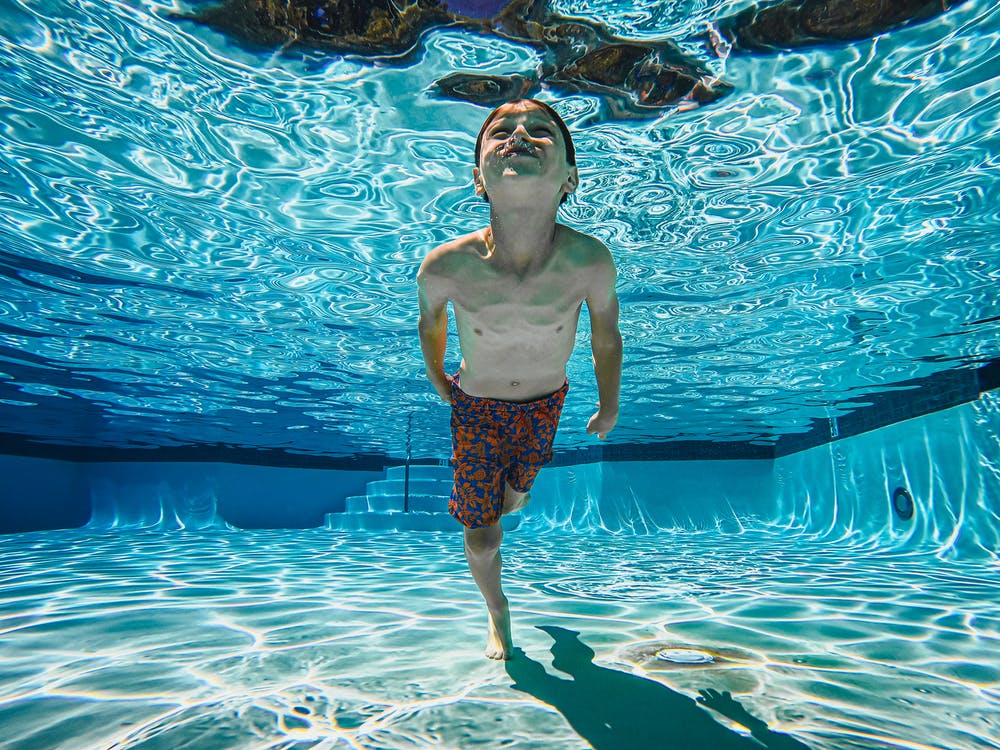Adaptive Aquatics

Our adaptive swim lessons utilize specialized techniques that are tailored to meet the unique abilities, needs, and goals of each individual, regardless of age. These lessons are designed to cater to those with physical, sensory, communication, anxiety, or behavioral challenges.
Our experienced instructors will work with you to develop essential skills such as pool entry and exit, basic water safety, and independent swimming. We also teach adaptive stroke techniques that are modified to suit your needs, helping you improve your balance and core strength in a safe and supportive environment.
Our adaptive swim lessons go beyond traditional swimming lessons by providing personalized instruction that meets you where you are. Whether you’re looking to build confidence, learn essential safety skills, or develop your swimming technique, our adaptive swim lessons can help you achieve your goals.
Why should I choose adaptive swim lessons for me/my child/my dependent?
I believe that everyone should have the opportunity to learn to swim and experience the benefits of aquatic exercise. Our adaptive swim lessons are specifically designed to meet the unique needs of individuals who may have sensory, motor planning, or physical challenges.
For those with sensory challenges, the water’s temperature and pressure can provide a calming and easily discernible sensation. Additionally, the water’s sound-muting properties make it an ideal environment for individuals with auditory sensitivities.
For those with challenges related to motor planning, learning swim strokes such as the front and back crawl can improve bilateral coordination, as they require movement coordination on both sides of the body. Gradually learning swim stroke patterns can also be beneficial for those with motor planning difficulties.
Individuals with physical disabilities can benefit from the sense of independence that swimming provides. The water’s buoyancy evenly distributes and supports the body’s weight, which eliminates the risk of falls and impact forces on residual limbs.
In general, swimming is an excellent form of exercise that can strengthen cardiovascular systems and major muscle groups, while also improving flexibility and providing a low-impact workout.
Who benefits from adaptive swim lessons?
People of any age diagnosed with life-long condition/s that include, but not limited to:
- ADD/ADHD
- Apraxia
- Autism/ASD
- Cerebral Palsy
- Chromosomal Abnormalities
- Diabetes
- Down Syndrome
- Dyspraxia
- Fetal Alcohol Syndrome
- Gross Motor Delay
- Hodgkin’s Lymphoma
- Hydrocephalus
- Multiple Sclerosis
- Muscular Dystrophy
- Obesity
- Parkinson’s Disease
- Pervasive Developmental Disorder/PDD-NOS
- Premature Birth Complications
- Rheumatoid Arthritis
- Seizure Disorders
- Sensory Challenges